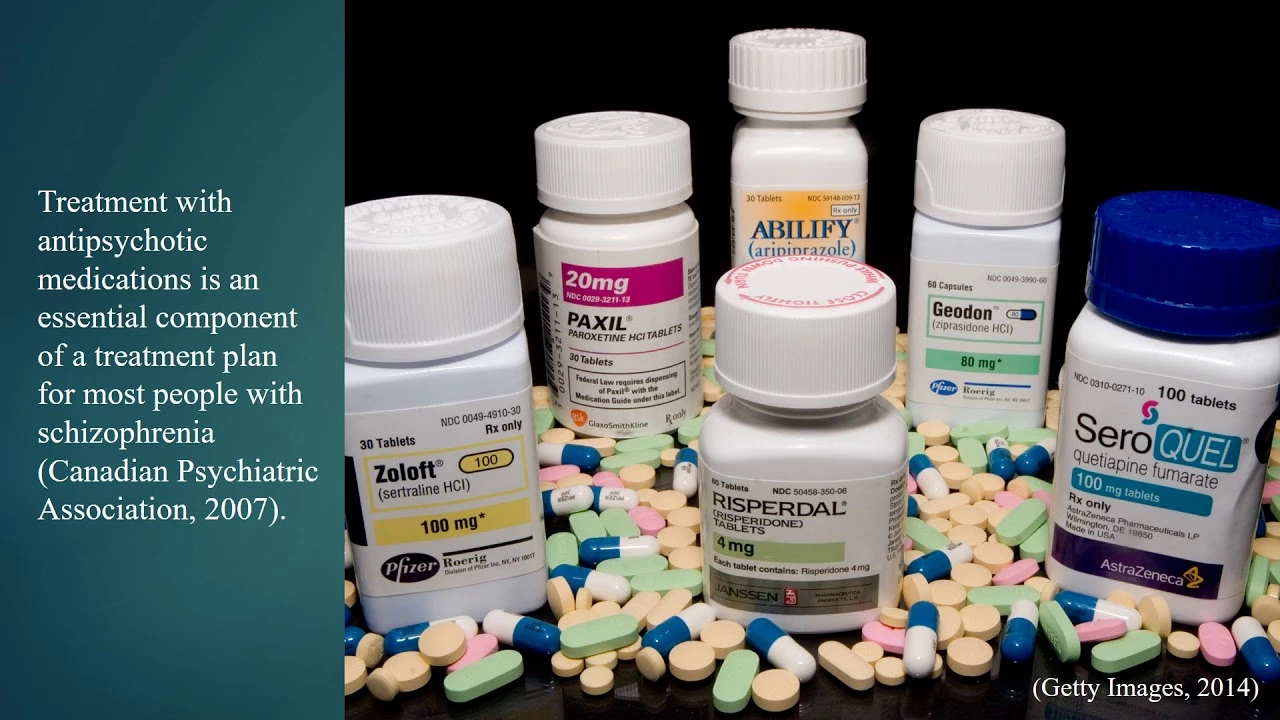Handling Medication Reactions: What to Do Right Away
Ever taken a medicine and felt something wasn’t right? Medication reactions range from mild rashes to life-threatening allergic reactions. Knowing simple, clear steps can keep you safe and help your doctor choose better options next time.
First, recognize the difference. Mild reactions include itching, mild rash, nausea, or mild dizziness. Serious reactions include swelling of the face or throat, trouble breathing, fainting, fast heartbeat, high fever, or a spreading blistering rash. If you have any trouble breathing, swelling of the face or throat, or fainting, call emergency services immediately.
Immediate steps you can take
If symptoms are mild: stop the medication if it was started recently and you suspect it caused the problem. Call your doctor or pharmacist to confirm whether you should stop. For itching or mild rash, an over-the-counter antihistamine like cetirizine or loratadine often helps. For upset stomach, stopping the drug and taking it with food later (if advised) may help. Keep it simple: don’t mix home remedies without checking with a pharmacist.
If symptoms are severe: call emergency services right away. If you carry an epinephrine auto-injector for known allergies, use it at the first sign of severe allergic reaction and go to the hospital. Tell the EMTs which drug you took and how long after taking it the reaction started.
After the immediate danger is handled
Document what happened. Write down the drug name, dose, time you took it, and exactly what symptoms appeared and when. Take photos of any skin reaction. Bring this information to your healthcare visit. This makes it much easier for your doctor to identify the cause.
Report the reaction. In many countries you can report adverse drug reactions to a national safety agency. Your pharmacist or doctor can help you file a report. Reporting helps protect other people by alerting regulators to uncommon or dangerous reactions.
Ask about testing and alternatives. If the reaction looked like an allergy, your doctor may refer you to an allergist for testing. Not every bad reaction is an allergy; some are side effects or interactions. An allergist can help confirm true allergies and suggest safe alternative medicines.
Prevent repeats. Wear a medical ID if you have a confirmed drug allergy. Keep an up-to-date medication list on your phone and share it with every provider and pharmacist. Ask your pharmacist to check for interactions whenever you start a new drug, and always read labels for hidden ingredients that could cause problems.
Small prep goes a long way. Know the common reactions for drugs you take regularly. Keep emergency numbers handy. And when in doubt, stop the medicine and contact a professional—better safe than sorry.
Want specific advice for a drug you’re taking? Check the articles tagged “handling medication reactions” on our site or talk directly with your pharmacist or doctor.

